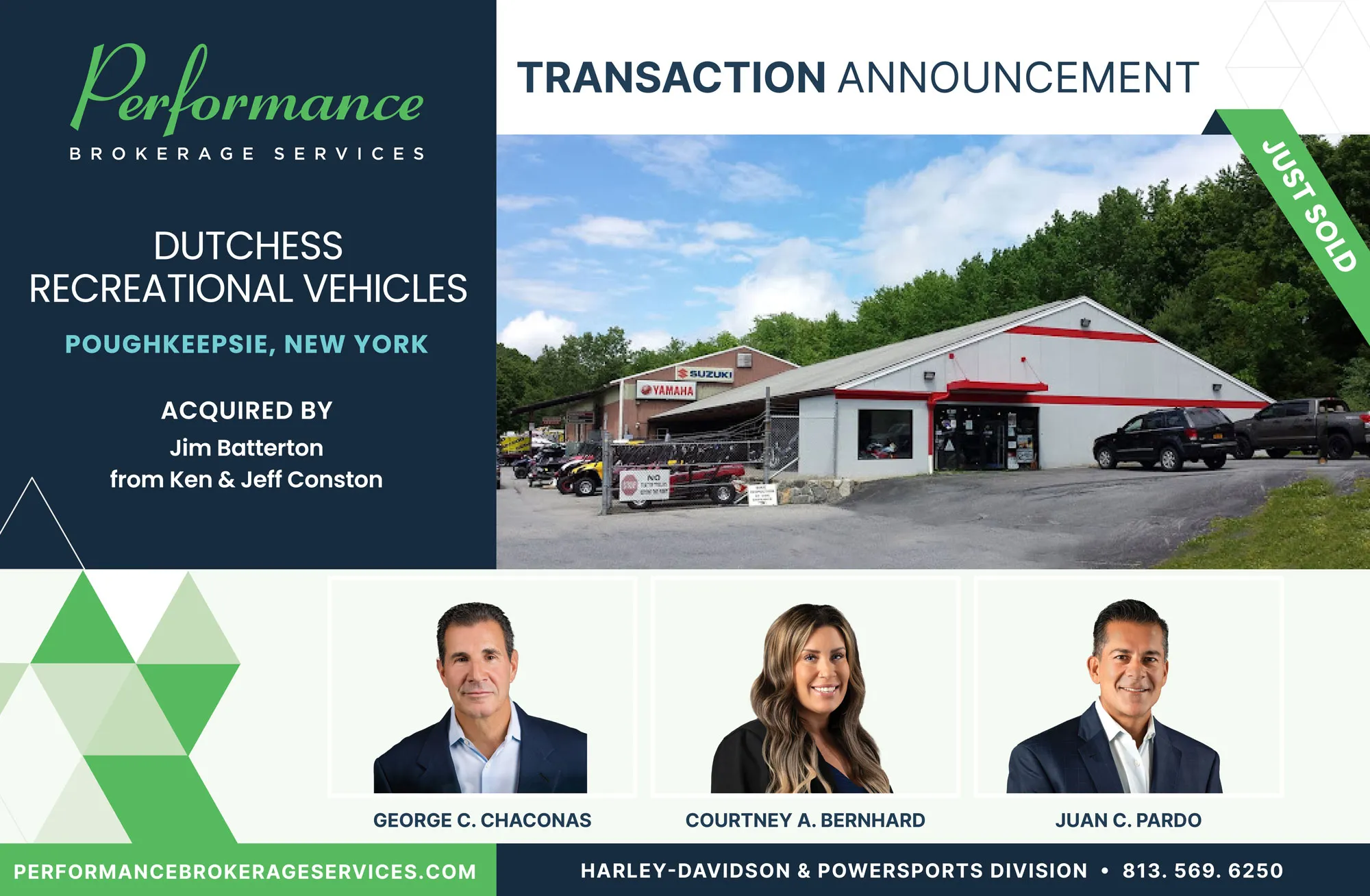Employee fraud remains a persistent concern for American companies, yet too many owners believe that it can’t happen to them. Small businesses, in particular, foster environments of trust, and their owners might not even recognize criminal activities – until the company suffers big financial losses.
Help your clients prevent fraud by reminding them of the problem, as well as the solutions, such as strong internal controls, surprise audits, confidential tip-lines and employee education. The following provides some basic facts about fraud that every owner or manager needs to know.
Identify the enemy
For the past decade, the Association of Certified Fraud Examiners’ (ACFE’s) biennial survey of fraud experts has provided the best information on fraud schemes and their perpetrators. The latest Report to the Nations on Occupational Fraud and Abuse estimates that organizations lose about 5% of their annual revenues to fraud, and victimized businesses suffer a median loss of $160,000.
To help companies understand, identify and prevent fraud, the ACFE breaks these crimes into three main categories:
Asset misappropriation is the most commonly reported type of occupational fraud . In these cases, perpetrators steal or misuse an organization’s resources. Asser misappropriation is the least costly category, with a median loss of $135,000.
The second is corruption, which occurs when employees use their influence to obtain a benefit for themselves or another party in a way that violates their duties to their employers. Examples include offering or accepting bribes and extorting funds from third parties. Corruption occurs in almost 33% of cases, with a median loss of $250,000.
The third, and most costly, is financial statement fraud. These types of fraud involve the intentional misstatement or omission of material information on an organization’s financial statements. An employee may report fictitious revenues or conceal expenses or liabilities. Financial statement fraud is the least common type of scheme, bur ‘because it’s most often perpetrated by senior executives and owners, it’s the most costly, with a median loss of $4.1 million.
Costly misappropriation
Because 90% of occupational fraud can be categorized as asset misappropriation, most businesses should focus on detecting and preventing these schemes. The ACFE identifies nine distinct categories of asset misappropriation:
- Skimming
- Cash larceny
- Cash register disbursements
- Cash-on-hand misappropriations
- Check tampering
- Expense reimbursements
- Billing schemes
- Payroll schemes, and
- Non cash misappropriations
This last schema involves the theft or misuse of physical assets, such as inventory or equipment, and misappropriation of proprietary information. Approximately 85% of asset misappropriation cases involve theft or misuse of cash, with fraudulent disbursements being the most common cash schemes. Check tampering has the highest median loss of asset misappropriation cases: $131,000. Billing schemes and cash larceny also cost their victims median losses of at least $100,000. Non-cash misappropriation, such as stealing inventory from warehouses or misusing customer financial data, comes in at $90,000. Of course, some schemes are more prevalent in certain industries. For example, fraudulent billing is a major concern in the insurance and health care sectors, and financial services organizations need to look for cash larceny and skimming. Retailers, on the other hand, are most likely to fall victim to non-cash theft – mainly of merchandise.
Act fast on suspicions
When owners and managers suspect that asset misappropriation or other types of fraud are occurring, they need to act fast. The longer fraud lasts, the more costly it becomes. The median fraud scheme runs for 18 months, but the most damaging – fraudulent financial statements – runs for 27. The least expensive scheme, cash register disbursement, is typically detected after 12 months. To help deter fraud, businesses should contact their attorneys, who can, in turn, call in forensic accountants. These fraud experts know how to collect evidence, interview suspects and build a case that will hold up in court. Even if companies don’t want to prosecute the thief, fraud experts can help them prevent employee theft from happening in the future.
Be better informed
Businesses have enough challenges these days without occupational fraud adding to the load. A little knowledge can help your clients head off costly scams, or at least limit the duration of fraud schemes.
Frankeberger Vausher + Company, CPAs is a full service CPA firm whose partners have collectively served the dealership industry for over 35 years. We provide a full compendium of professional services including traditional taxation and financial statement preparation as well as strategic consulting for dealers in such areas as: Financial and Operating Controls, all activities for Buy/Sell transactions, valuation requirements, estate planning assistance as well as being Expert Witnesses in Litigation Matters. In addition, we provide expertise in Forensic, Fraud and Embezzlement situations as that need may unfortunately arise.
Please contact Dennis Frankeberger at 909-597-1100 to discuss this article or any other dealership issue that may be of interest to you. Email address dennisf@FVCPAS.com


